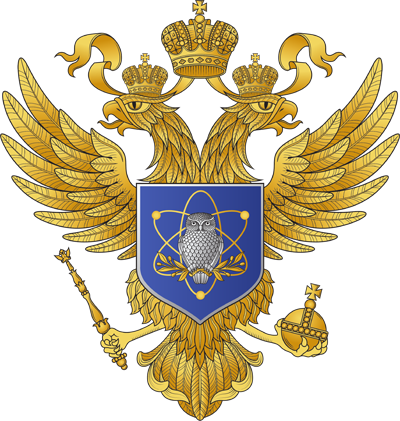ZIOC researchers obtained promising compounds with antitumor activity
Hormone dependent breast and prostate cancers are the most common cancers in women and men, respectively. Despite recent advances in early diagnosis and treatment, these cancers continue to be the second leading cause of cancer death in women and men worldwide. That is why there is a huge need to develop new effective and selective anticancer drugs for the treatment of breast and prostate cancer.
Scientists of the Laboratory of Chemistry of Steroid Compounds of the ZIOC are actively engaged in the synthesis of new heterocyclic steroid derivatives and the study of their antiproliferative activity in order to identify new highly selective antitumor agents. In one of their recent works, the researchers created a method for the synthesis of androsta-5,16-dienes modified with various heterocyclic fragments by heterocyclization of steroidal alpha-bromoketones with the corresponding amidines. The developed method turned out to be a versatile approach for the preparation of C17-linked androsta-5,16-dienes containing imidazopyridine, imidazothiazole, and imidazobenzothiazole substituents. The synthesized compounds showed high antiproliferative activity against breast and prostate cancer cells. The lead compound was found to act as an effective inducer of apoptosis and a selective blocking agent for the alpha estrogen receptor, which is involved in promoting the growth of breast cancer. The data obtained make the synthesized substances promising candidates for the development of anticancer drugs based on them.
Source:
Valentina Birukova, Alexander Scherbakov, Anastasia Ilina, Diana Salnikova, Olga Andreeva, Yaraslau Dzichenka, Igor Zavarzin, Yulia Volkova Discovery of highly potent proapoptotic antiestrogens in a series of androst-5,16-dienes D-modified with imidazole-annulated pendants // J. Steroid Biochem. Mol. Biol., 2023, 231, 106309. DOI: 10.1016/j.jsbmb.2023.106309.


